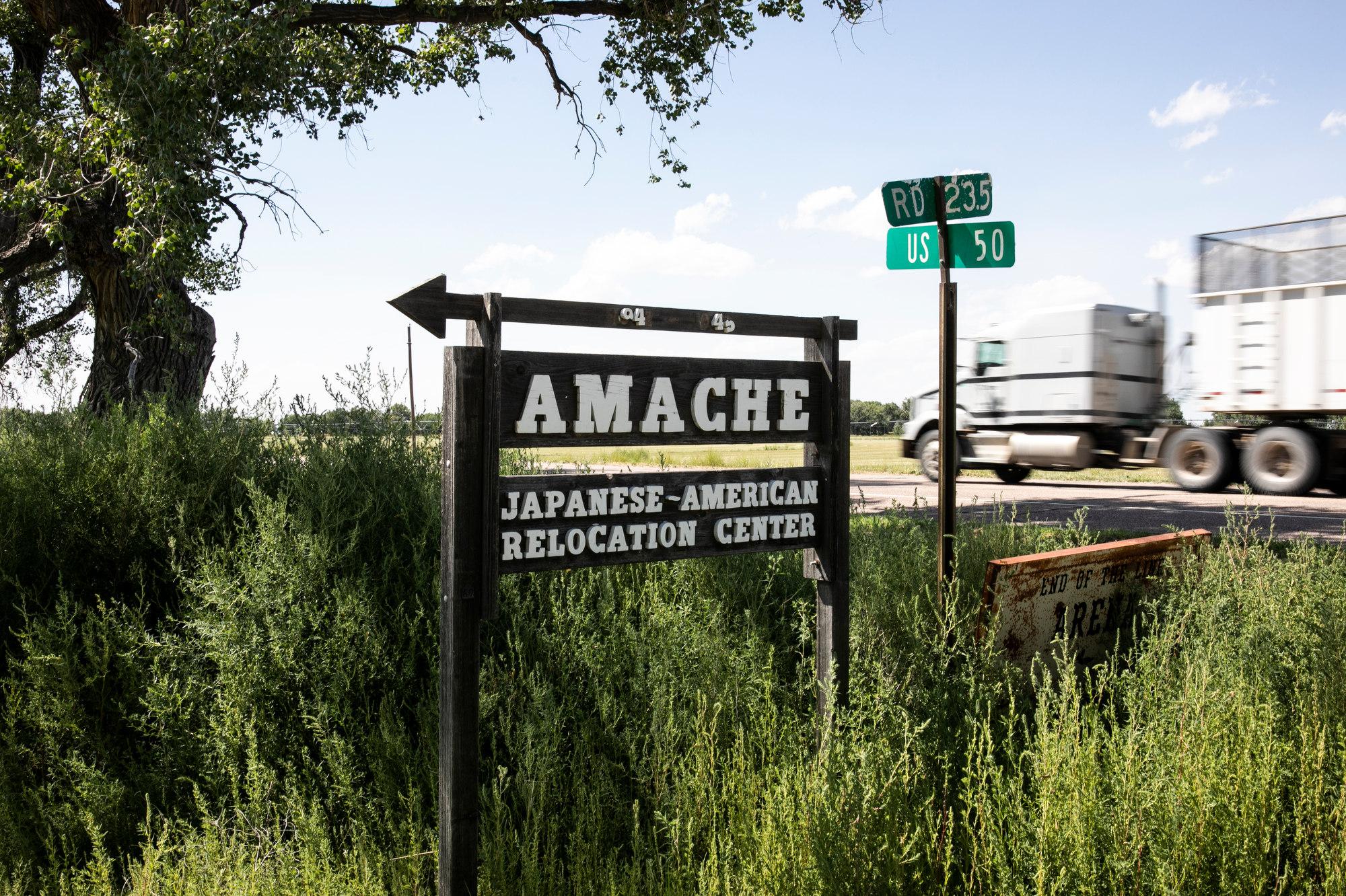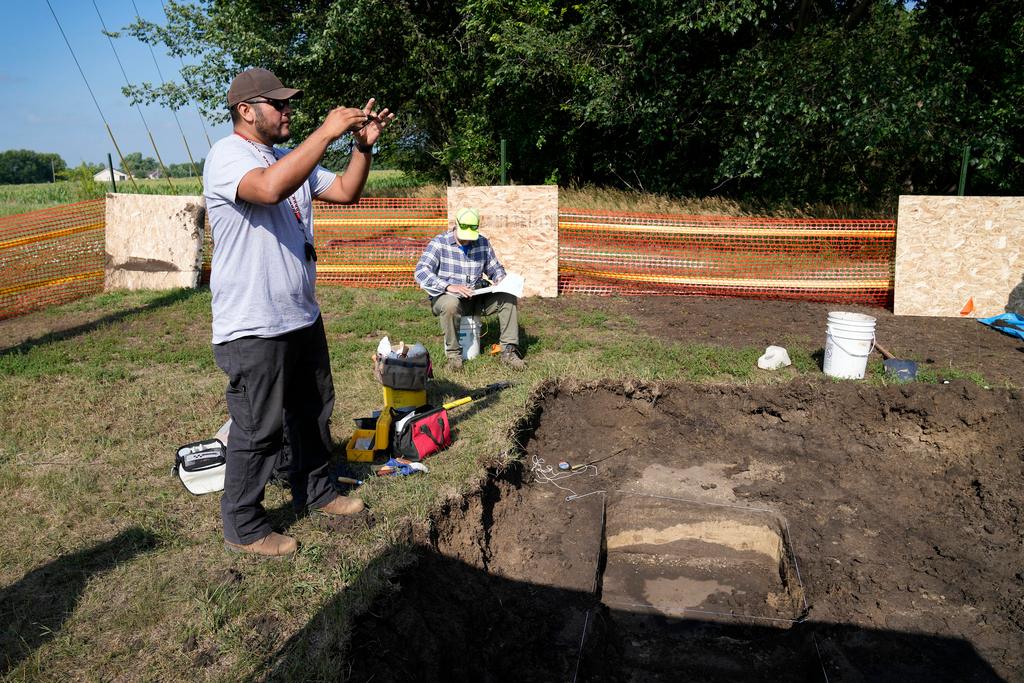
Colorado can now claim the country’s newest national park: Amache National Historic Site.
Almost two years after President Joe Biden signed the bill that would turn the former World War II Japanese internment camp into a historic site, the National Park Service on Thursday announced its official inclusion in the system. This comes after the town of Granada acquired and donated the land needed to set up the site.
“As a nation, we must face the wrongs of our past in order to build a more just and equitable future. The Interior Department has the tremendous honor of stewarding America’s public lands and natural and cultural resources to tell a complete and honest story of our nation’s history,” Interior Secretary Deb Haaland said in a statement, adding the designation “will help preserve and honor this important and painful chapter in our nation’s story for future generations.”
Colorado lawmakers, who had been pushing to get Amache into the NPS, applauded the designation.
“Located in southeastern Colorado, Amache is a chilling reminder of the injustices committed against Japanese Americans during World War II,” said Rep. Ken Buck, who represents the area. “Ensuring that Amache is preserved so that future generations can visit and learn from those tragic errors is critical to building a better future."
“What we choose to preserve for future generations is a statement of our values,” said Sen. John Hickenlooper in a statement. “The story of Amache is one every American should learn and refuse to repeat.”
Amache, also known as the Granada Relocation Center, was one of 10 internment camps for ethnic Japanese during World War II. For years it was maintained by the Amache Preservation Society and volunteers from the local high school.
The bipartisan push for permanent protection started in 2018, when Buck, along with Sen. Michael Bennet and then Sen. Cory Gardner introduced the Amache Study Act, a bill that was passed to look at the feasibility of bringing it into the NPS. After that was signed into law, in 2021, Bennet, Hickenlooper, Buck and Rep. Joe Neguse spearheaded the push to establish the site. That bill was signed into law by President Biden in 2022.









